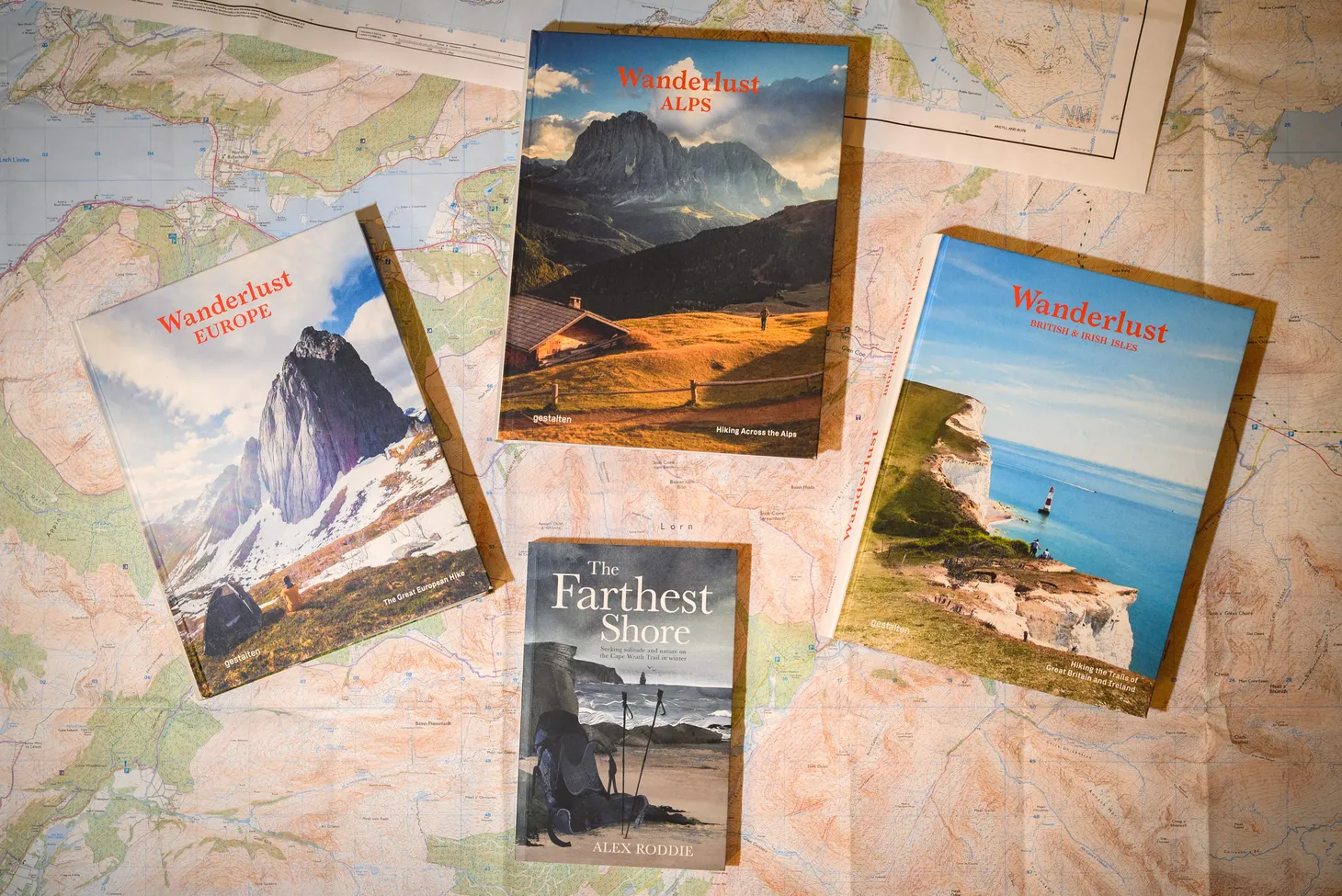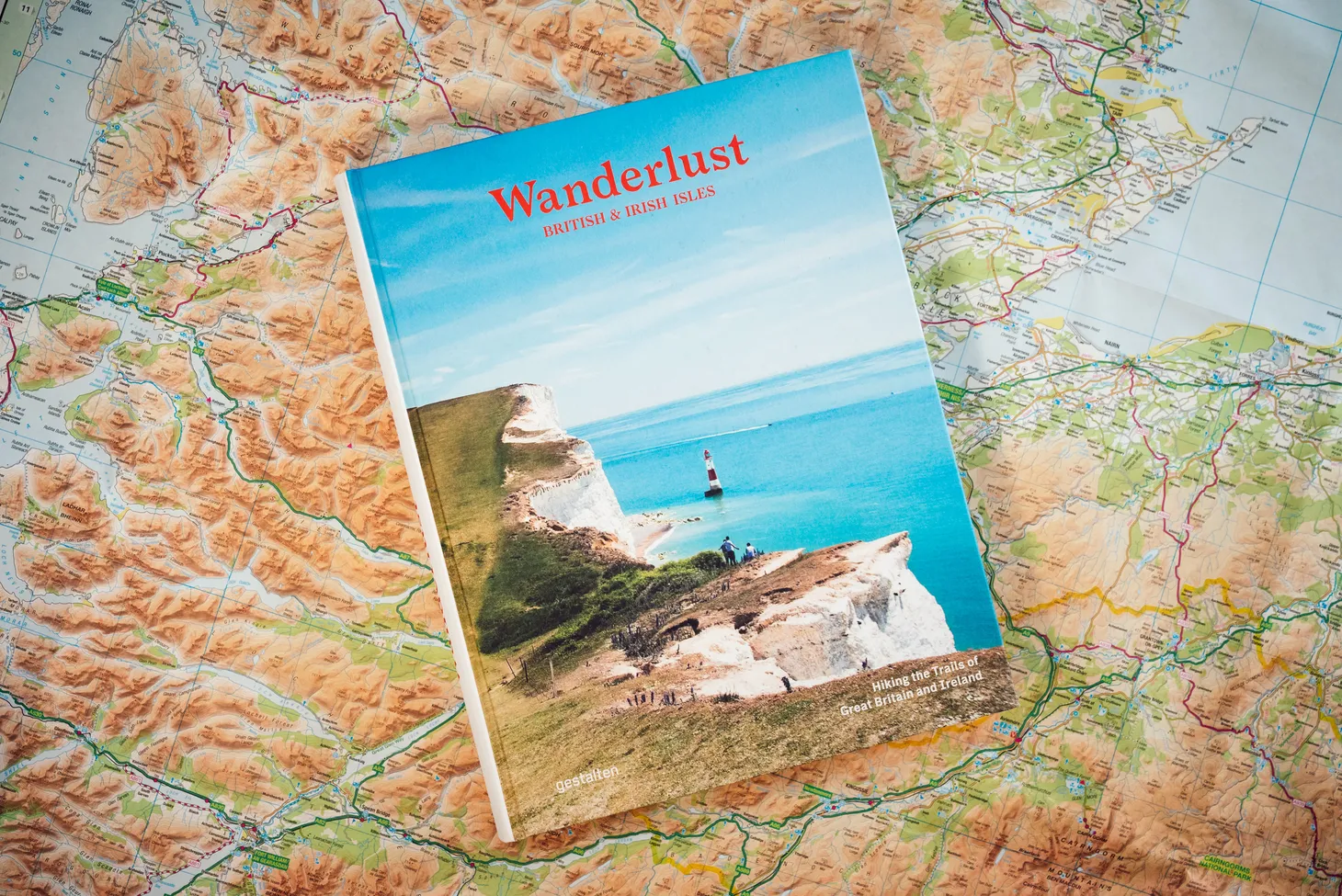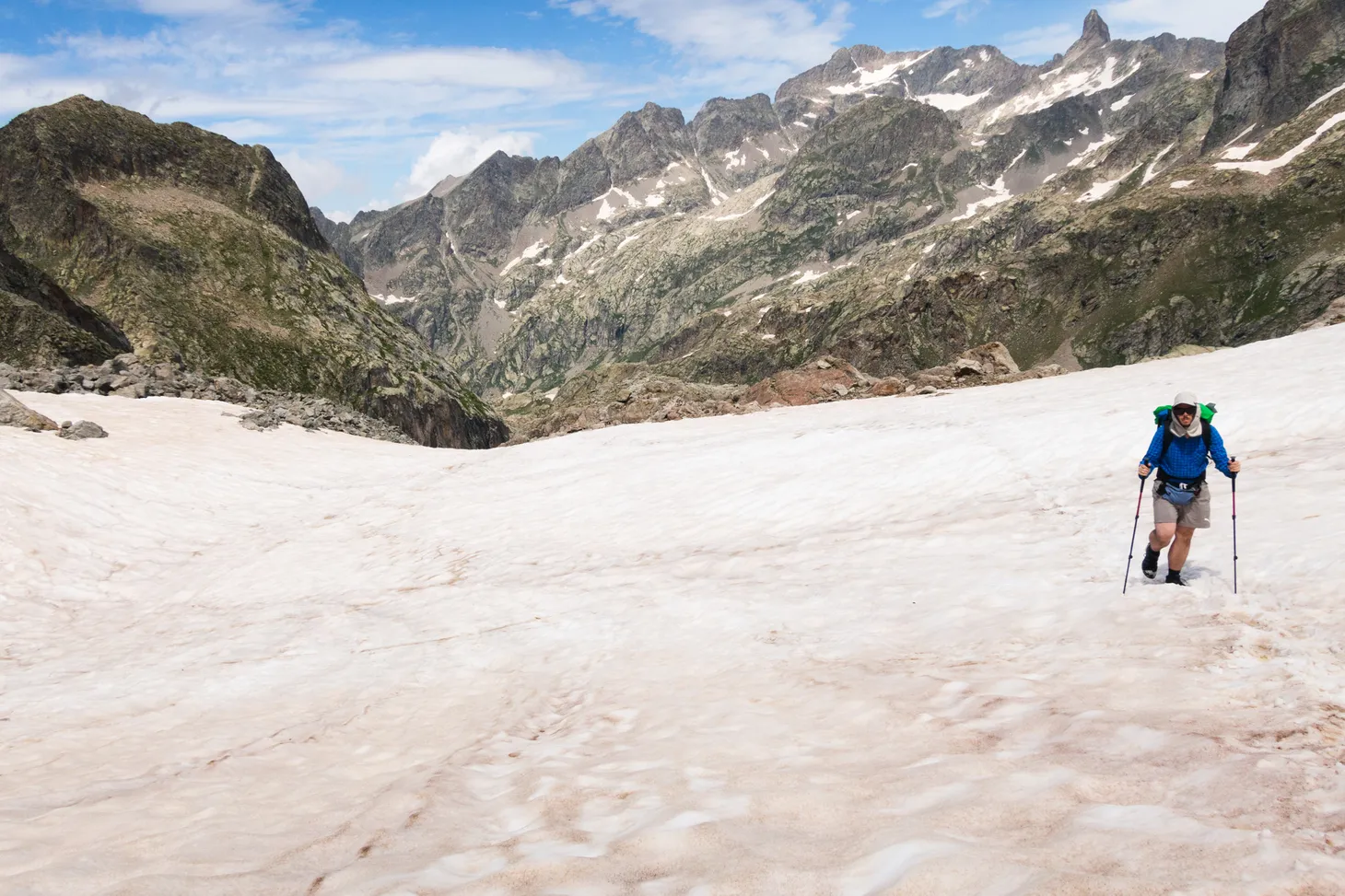Book review: Snow on the Equator by H.W. Tilman
Snow on the Equator by H.W. Tilman
Published by Vertebrate Publishing, £12
I urge all young adventurers to read a little of Tilman before setting off on their own endeavours, as we did, if only to keep one’s self-importance and ego firmly buried in the bottom of the rucksack.
– Chris Bonington, writing in the foreword
Bill Tilman was one of the great mountain explorer-writers of the 20th century. First published in 1937, and now republished as a beautiful new edition by Vertebrate, Snow on the Equator tells the remarkable tale of the author’s years in British East Africa after the First World War. He had no plans after 1918 and started out as a pioneer in wild bush land, building an estate and living in a tent to begin with, until he was able to construct at first a rough hut and then a house. Ten years of hard labour followed. It’s a tale of pioneering in the truest sense of the word.
Although expeditions to Kilimanjaro, the Ruwenzori range and Mount Kenya are fascinating highlights, illustrated by photos that show far more extensive glaciers than remain today, this is so much more than a mountaineering book. Tilman tried his hand as a pioneer, coffee planter and (unsuccessful) gold prospector.
Much of the book is all about his struggle to carve out a living in a rapidly changing and modernising Africa. It is very much a book of its time; hunting features prominently, and in fact Snow on the Equator could be said to be as much a book about big-game hunting as it is about climbing. In the first part of the book, chapters alternate between these two topics and at one point our heroes slay several elephants in one outing. There are also hints at Tilman’s views on the native people, in some places referring to them as scarcely human. As I say, a product of its time, but whatever your views on British colonial values it offers a superb glimpse of the spirit of Africa in that period.
I particularly enjoyed the last part of the book, describing his amazing 3,000-mile, 56-day bicycle journey across the continent. It’s an absolutely fascinating section, with some genuine laugh-out-loud moments due to the amusing situations he kept getting himself into. More importantly, Tilman paints a vivid picture of a disappearing Africa – traditional ways of life rapidly vanishing beneath modern developments. But I love his dry wit when talking about the sheer inconvenience of travel, and his cheerful attitude towards hardship and adversity. It’s clear that such a journey – a very modern journey in many respects – would have been impossible a decade or so before.
This absence of difficulty and danger may be disappointing to others, too, for the tradition of Darkest Africa dies hard.
Questionable ethics aside, this book deserves its reputation as one of the great 20th-century tales of adventure set in the African continent, and is a true expression of the restless, questing spirit of Tilman. As the author concludes, ‘If she (Africa) had not given me the fortune I expected, she had given me something better – memories, mountains, friends.’
A version of this review was first published in Mountain Pro Magazine.
Disclaimer: the publisher sent me a free copy of this title in exchange for an honest review.
Alex Roddie Newsletter
Subscribe here to receive my occasional personal newsletter in your inbox. (For the fun stuff, please consider subscribing to Alpenglow Journal instead!)





